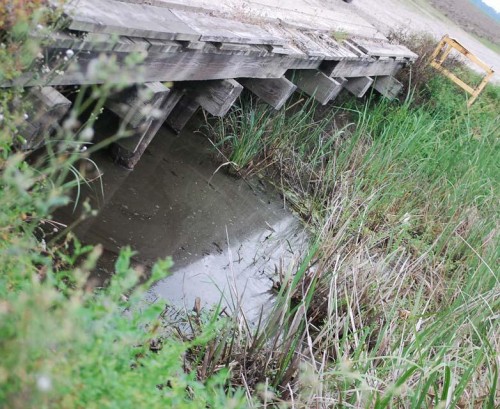
Lafourche council shoots down Company Canal deal
June 8, 2010Thursday, June 10
June 10, 2010With oil in the water and on local beaches, many tourists are planning to steer clear of Louisiana during the upcoming summer months.
So with the their industry on somewhat shaky footing, several parishes are uniting for a common cause – the betterment of tourism in Louisiana.
Lafourche, Terrebonne and St. Mary have joined Jefferson, Plaquemines, St. Bernard and St. Tammany parishes in the Louisiana Tourism Coastal Coalition, which is aimed to pool the parishes’ interests to get the most help possible for our state.
“The partnership has been wonderful,” said Sharon Alford, executive director of the Houma Area Convention and Visitors Bureau. “The coalition was formed with those seven parishes because we have the same issues and the same challenges. Our entire state is challenged.”
At the commission’s disposal will be $15 million given to Louisiana by BP in lieu of the spill for tourism promotion.
BP’s Group Chief Executive Tony Hayward said the donation came after speaking with Gov. Bobby Jindal and other governors across the Gulf South who expressed concern for what the spill will do to their states.
“We understand the governors’ concerns for the impact on the tourism industry, and are making funds available so that they can support the industry’s efforts to provide accurate information about the state of the beaches across the region,” Hayward said in a news release.
The donation was also designed to boost the number of people currently visiting the state. The number of vacationers and visitors has plummeted since the oil spill statewide, due to the notion that Louisiana is unsafe to visit because of the oil on the ground in some places.
“We’ve recently engaged in a national perception study,” said Pam Breaux, a secretary with the Louisiana Department of Culture, Recreation and Tourism (DCRT). “And one thing the study showed us that’s alarming is that, of those people who were already planning a trip to Louisiana, 26 percent of them are already considering postponing the trip or canceling the trip completely. That’s a large percentage … And that’s because of the national perception that tourism in our state must be closed due to the spill.”
The $15 million total will be split in three portions with $5 million going each to the tourism efforts in the coastal parishes, New Orleans and to a national marketing campaign to advertise state seafood, restaurants and events.
The national campaign is expected to contain television advertising in various parts of the country, designed to attract people into the state.
The coalition will then merge its resources in a way that Alford explained would have a larger impact for everyone involved.
“If Terrebonne received money individually and we were looking at a magazine for an ad, we’d be able to buy probably about a quarter of a page,” Alford said. “But if we did it as a coalition, we can buy two full pages, to make a splash and be noticed … We’re pooling our resources together, so we’re able to make a larger footprint as far as the general public is concerned.”
Another need for the campaign, Breaux said, comes because nationwide, people do not understand the geography of Louisiana – a lesson the tourism industry also learned during the aftermath of Hurricane Katrina.
“When people looked at New Orleans being under water, people assumed incorrectly that the entire state was under water,” she said. “We got calls from people asking if it was safe to come back to Shreveport, wanting to know if the city was still under water. It’s the same misconceptions with the spill.”
Alford agreed and said the message the coalition is trying to deliver is that while the oil spill is having an impact on the state, there are plenty of alternatives for fun in the area.
“When people see the pictures of oil on our coast, they envision all of south Louisiana being covered in oil,” she said. “So it really us up to us to educate people that the majority of Louisiana and the people that people come to see and do are still here and are unaffected.”
Calls placed to the Lafourche Parish Tourist Commission and Cajun Coast were not returned at press time.







